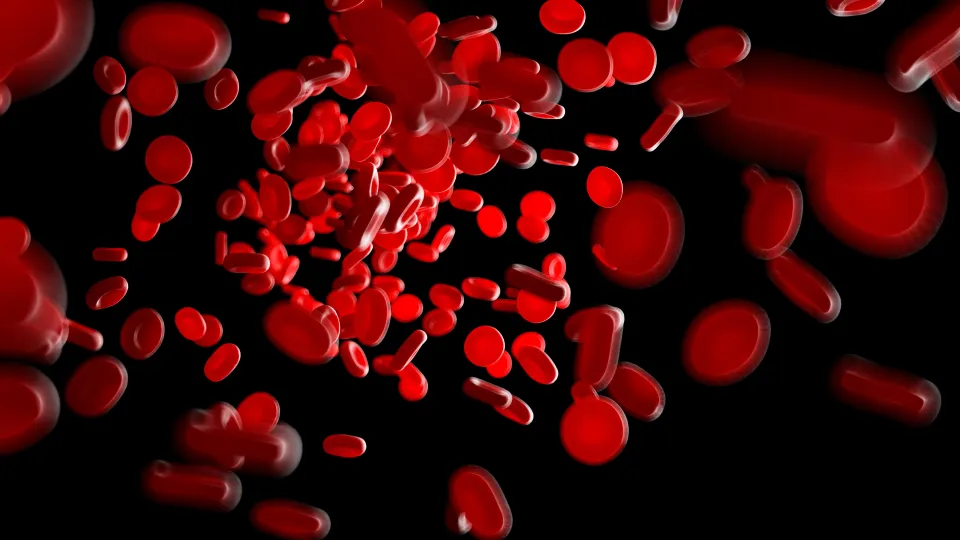News Brief
A Boon for Tuberculosis Research
May 13, 2024
Tuberculosis (TB) ranks as the world’s largest pandemic, responsible for 1.3 million deaths each year. TB is caused by inhaling Mycobacterium tuberculosis (Mtb) bacteria. A lipid known as PDIM, found in the outermost layer of the Mtb cell wall, forms a protective barrier that greatly increases the bacterium’s virulence and helps ward off some TB drugs. However, PDIM is readily lost when Mtb is cultured in the lab. The result: Mtb becomes much less virulent, and its cell membrane becomes more permeable—hindering in vivo studies, drug discovery efforts, and vaccine development.
Michael Berney, Ph.D., Claire Mulholland, Ph.D., and colleagues have now solved this problem, which has confounded TB research for 50 years. In results published online on May 13 in Nature Microbiology, they found that loss of PDIM is caused by a metabolic deficiency that occurs when Mtb is grown in culture media—a deficiency that can be remedied by adding odd-chain fatty acids, cholesterol, or vitamin B12 to make the nutritional environment resemble in vivo conditions. The researchers also developed a much-needed simple and efficient diagnostic test for checking whether lab-grown Mtb is producing PDIM. Their findings should help TB researchers worldwide by making their experiments significantly more precise and reproducible.
Dr. Berney is an associate professor of microbiology & immunology at Einstein. First author on the paper, Dr. Mulholland, is a research assistant professor of microbiology & immunology at Einstein.
Albert Einstein College of Medicine has a patent application related to this research and is seeking licensing partners able to further develop and commercialize this technology. Interested parties can contact the Office of Biotechnology and Business Development at biotech@einsteinmed.edu.



